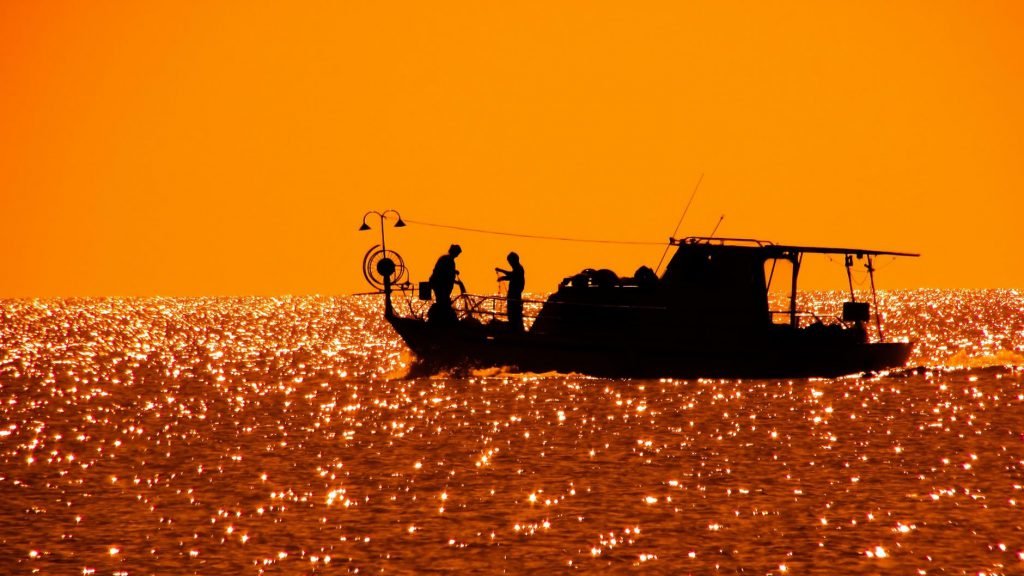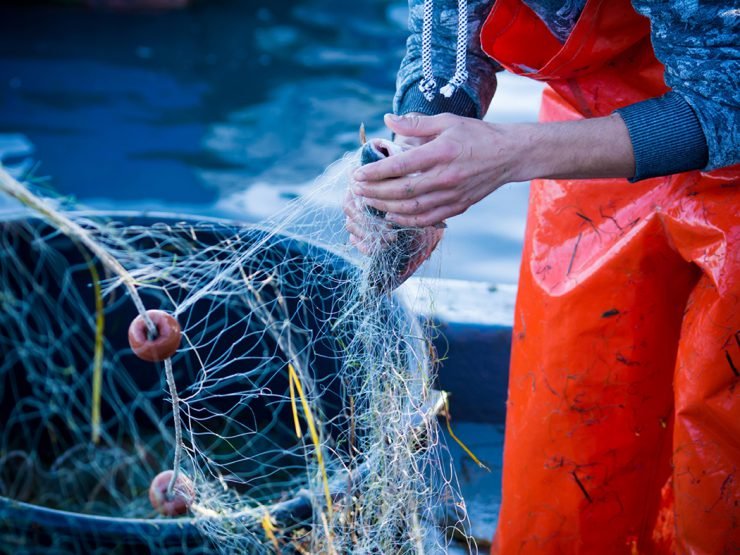In the context of the BIOVOICES Regional Mobilisation and Mutual Learning Workshop “Bioeconomy as an opportunity for regional development based on territorial resources in APULIA” which took place the 19th of March 2019 at the University of Bari Aldo Moro we hosted Enrico Armelloni, researcher of CNR IRBIM, National Research Council – Institute of Marine Biological Resources and Biotechnologies, who presented a study on Small Scale Fisheries.
In Italy the Small-Scale Fishery (SSF) has a centuries-old tradition and it is widespread all-along the coastline. Fishermen are engaged in a various set of gear depending on the seasonality, providing an excellent product. Notwithstanding the fact that the consumption of fish proteins has experienced an impressive increase in recent year, a sizeable and growing share of fish consumed in Italy consists of imports, owing to declining domestic fishery profitability.

The two main explanations are different sides of the same coin: at one hand, the small-scale fisherman does not have the capacity to insert itself in the value chain, resulting in a non-optimal valorization of the product and in a great part of the incomes going to the middleman. On the other hand, people often prefer frozen or processed fish, not really paying attention to the quality of the products are consuming. Today, thanks to the effort pulled off under the aegis of the Blue Growth, new ideas could bring fresh air to the SSF sector. Promising suggestions aim to disrupt the value chain, by linking together producers and customers through dynamic smart applications on mobile phones (see http://abalobi.info/about/).
There, fishermen could show in real time the catches of the day, providing details on the catching site and on the price required. People could evaluate the fish, making reservations, and other fishermen would be updated on the market trends of the day. Diversification of fishing activities into tourism is another attractive option since fishing communities have typically many natural and cultural assets, which appeal to tourists. Moreover, consumers experiencing a real fishing trip would receive emotional, psychological and physical benefits.
All concepts addressed have a great potential to make SSF a groundbreaking sector, however, the effort deployed would be lost if consumers first-hand would not afford a cultural upgrade. People have to re-connect themselves to nature and to traditional fisheries, bearing in mind that the highest value of a fishery product is reached with the lowest sophistication of the product itself.


